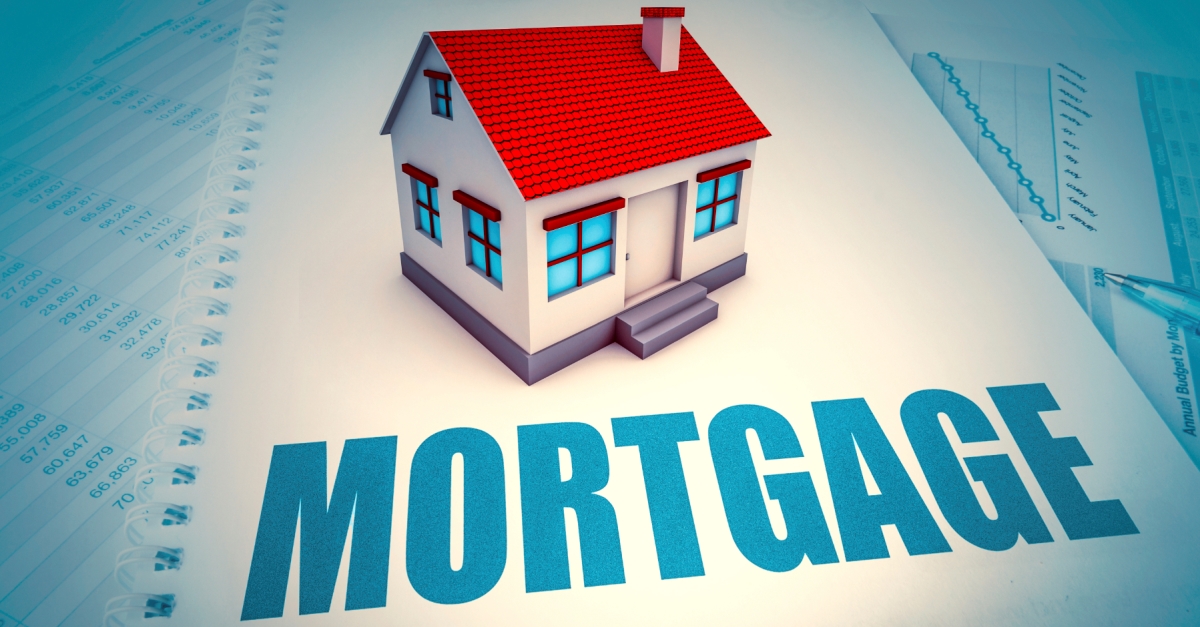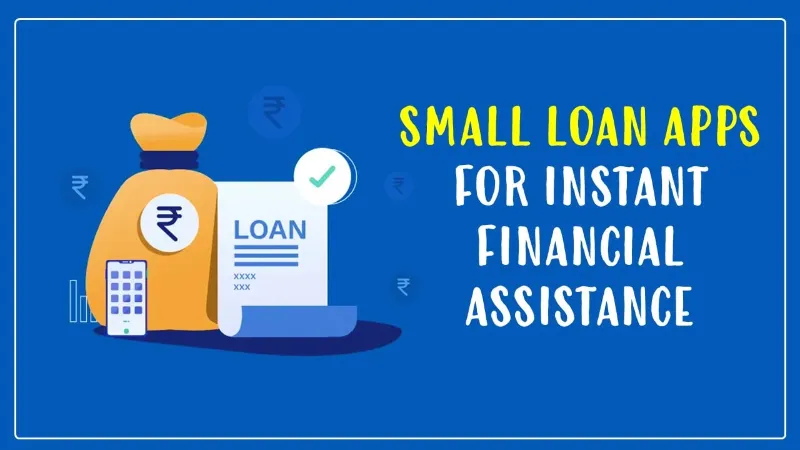Pros and Cons of Different Mortgage Types

If you’re considering buying a home or property, chances are you’ve come across the term “mortgage.” A mortgage is a financial instrument that allows individuals to borrow money from a lender to purchase real estate. In this article, we’ll explore the ins and outs of mortgages, the different types available, and how they work, so you can make informed decisions when it comes to financing your dream home.
Understanding Mortgages
Definition of a Mortgage
At its core, a mortgage is a loan that is specifically used to buy a house or property. It is a legal agreement between the borrower (homebuyer) and the lender (usually a bank or financial institution). The lender provides a certain amount of money upfront, and the borrower agrees to pay it back over time, along with interest.
How Mortgages Work
When you take out a mortgage, the property you’re buying serves as collateral for the loan. This means that if you fail to make the agreed-upon payments, the lender has the right to take possession of the property through a process known as foreclosure.
Also Read This: How to Find the Best Personal Injury Lawyer: Your Ultimate Guide
Mortgages typically have a repayment period spanning several years, commonly 15 or 30 years. During this time, the borrower pays back the loan in monthly installments. These installments consist of both the principal amount borrowed and the interest charged by the lender. As time goes on, the balance shifts, and a larger portion of each payment goes towards reducing the principal.
Mortgage Rates
One critical aspect of a mortgage is the interest rate. Mortgage rates can be fixed or adjustable. A fixed-rate mortgage locks in an interest rate for the entire loan period, providing stability and predictable monthly payments. On the other hand, an adjustable-rate mortgage (ARM) offers a lower initial rate that can change over time based on market conditions.
Down Payments
In most cases, lenders require borrowers to make a down payment on the property. The down payment is a percentage of the home’s purchase price, and it varies based on the lender’s policies and the type of mortgage. A larger down payment often results in better loan terms and lower interest rates.
Types of Mortgages
Conventional Mortgages
A conventional mortgage is the most common type and is not insured or guaranteed by the government. These mortgages usually require a higher down payment and have stricter eligibility criteria.
Government-Backed Mortgages
Government-backed mortgages are insured or guaranteed by federal agencies, making them less risky for lenders. This category includes FHA (Federal Housing Administration) loans, VA (Department of Veterans Affairs) loans, and USDA (United States Department of Agriculture) loans. These mortgages often have more lenient requirements, making them accessible to a broader range of homebuyers.
Fixed-Rate Mortgages
As mentioned earlier, fixed-rate mortgages have a stable interest rate throughout the loan term. This makes budgeting easier for homeowners as the monthly payments remain constant.
Adjustable-Rate Mortgages (ARMs)
Adjustable-rate mortgages start with a lower interest rate for an initial period, after which the rate can fluctuate based on market conditions. This type of mortgage is suitable for those who plan to sell or refinance the property before the rate adjustment occurs.
Interest-Only Mortgages
Interest-only mortgages allow borrowers to pay only the interest for a specified period, usually 5 to 10 years. After the initial period, regular payments of both principal and interest begin.
Jumbo Mortgages
Jumbo mortgages are for high-value properties that exceed the loan limits set by government-sponsored enterprises. These mortgages often require higher credit scores and down payments.
Examples of Mortgages
30-Year Fixed-Rate Mortgage
A 30-year fixed-rate mortgage is a popular option for many homebuyers. With this mortgage, the interest rate remains steady for 30 years, resulting in predictable monthly payments.
FHA Loan
An FHA loan is a government-backed mortgage designed to assist first-time homebuyers and those with lower credit scores. It offers more flexible qualification criteria and a lower down payment requirement.
VA Loan
The VA loan is available to eligible veterans and active-duty military personnel. It offers competitive interest rates, no down payment, and is guaranteed by the Department of Veterans Affairs.
USDA Loan
USDA loans are intended for rural and suburban homebuyers with low to moderate incomes. They offer low down payment options and reduced mortgage insurance costs.
Conclusion
Understanding mortgages is crucial when considering buying a property. Different types of mortgages cater to various financial situations, and each comes with its own set of pros and cons. When choosing a mortgage, consider your long-term financial goals, current financial situation, and the property’s location and value. Remember, seeking advice from a qualified mortgage professional can help you make the best decision for your unique circumstances. With the right mortgage, you can embark on the journey of homeownership with confidence.






One Comment